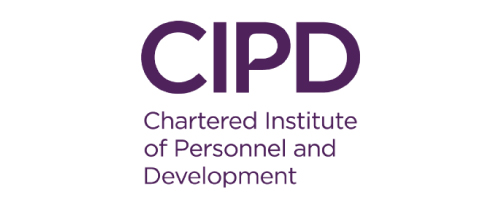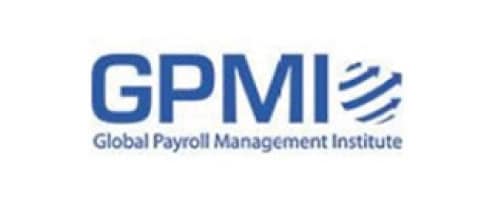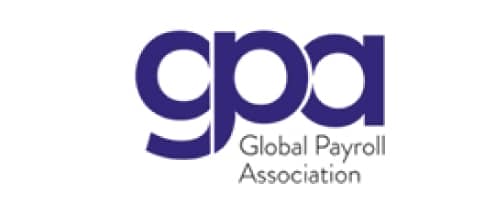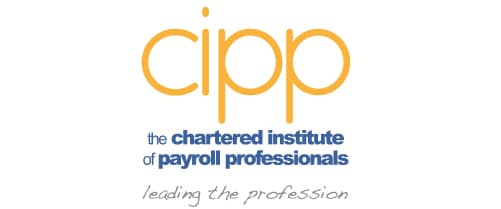
Payroll and HR in Greece
The International HR & Payroll Company
That Speaks Your Language
IRIS FMP simplifies payroll and HR in Greece. Recognized and trusted worldwide, we are a global payroll and HR specialist, operating 88 in-country teams, who can help ensure your international employees are taken care of.
Navigating the challenges that arise with payroll and HR in Greece can seem difficult. As compliance is always a top priority for businesses, we can help throughout a global expansion. With differing laws, cultures and regulations, it can feel overwhelming to stay on top form with payroll and HR challenges. Fortunately, our expert teams are here to help. We offer:
Looking for Payroll and HR Services?
Greece Payroll
We take away the complications of global payroll and manage everything for you – this includes local pay to benefits, and more. Through our payroll support, your growing workforce will be paid accurately, on-time, every time.
Greece HR
Put your trust in our HR services and we’ll support your global employees with legislation and compliance in Greece.
Greek Employment Law Compliance
We will help you to seamlessly and compliantly onboard your organization’s people, no matter where you are. With our in-country specialist teams, we can support with contracts, policies, handbooks and more.
Global Payments Services
We are able to provide compliant, global payment services for any industry. Working with our experts, we make your cross-border transfers cost-effective.
Jump to section
Location Data
- Name
Greece
- Region
- Europe (Southern Europe)
- Population
- 10715549
- Calling Code
- 30
- Capital
- Athens
- Timezone(s)
- UTC+02:00
- Timezone in Capital
- (europe/athens) 12:24 AM
- Currency
- Euro (EUR)
$1 = €0.96 - Main Language
- Greek (modern)(ελληνικά)
- Other Business Languages
- Greek
- Tax Year Start
- 1st January
- Tax Year Start
- 31st December
Details correct at time of publication. You should not rely on these details without first seeking professional international advice.
A trusted advisor for global expansion
We support businesses in 135 countries worldwide to reach their expansion goals.
Global Expansion in Greece
Tourism is one of Greece’s main sources of income, and aside from this their chief exports include industrial products, textiles, chemicals, and metal products. Greece has long been a centre of business advancements, with a rich history dating back to ancient Greeks. The civilisation was able to flourish in part due to a thriving business exporting olive oil, wine, pottery and metalwork.
Today, Greece’s heritage lives on through its inhabitants, who can in general be described as industrious and hard working. Known sometimes as the cradle of civilisation, Greece is situated in an optimal position between East and West, bordering Albania, North Macedonia, Bulgaria, and Turkey.
Business owners seeking expansion in Greece must get well-acquainted not only with local culture, but also employment law. Understanding the intricacies of HR and payroll processes in Greece can cause stress and concern for some, but this can be avoided by seeking guidance from the team at IRIS FMP. Experts in international employment law, we help companies all over the globe in navigating such legislation.

Employer Must-Dos
In Greece, employers are required to submit the following, adhering to deadlines:
- Annual Corporate Income Tax return – electronic submission
- Financial statements for tax auditing
- Statements for each employee, detailing personal, working, and financial information
Payroll in Greece
What tax considerations are there?
Personal Income Tax (PIT)
In Greece, anyone earning an income from the country is subject to tax – regardless of their residential status. Permanent residents are also taxed on any income derived from outside Greece. Tax is worked out a progressive rate, starting at 22% for those earning up to €20,000, and up to 45% for those earning anything over €40,000. There is also additional tax on earnings from capital such as dividends, royalties, interest, and real estate. Individuals must file their tax returns annually. The deadline is June 30th on the following year.
As well as income tax, individuals in Greece must also pay into a national social security fund of around 16% of their income.
Corporate Income Tax (CIT)
Resident Greek companies are taxed in all income both from residential and international sources. Non-resident companies are taxed on any income obtained from within Greece. Corporate Income Tax rates are gradually being lowered in Greece, following a phased-in schedule:
- 2019 Tax Year – 28%
- 2020 Tax Year – 27%
- 2021 Tax Year – 26%
- 2022 Tax Year an onwards – 25%
This applies to businesses apart from credit institutions, which will remain subjected to a tax rate of 29%. There is also separate tax legislation that applies to shipping companies.
HR in Greece
What are the regular working hours in Greece?
Most workplaces in Greece operate during similar working hours to the US – that is, 8 hours per day starting between 8am and 9am. Banks and shops have unique working hours however; banks are open Monday to Friday only, from around 8am to 2pm, and most shops are open Monday to Saturday from 9am until around 2.30pm. On Tuesdays, Thursdays, and Fridays shops are also open between 5pm and 9pm.
Vacation, maternity and sickness
There are 11 bank holidays in Greece, plus two additional which are recognised only by schools and universities. Some Greek municipalities also celebrate a saint’s day during which businesses close. In addition to these, full-time employees working a five day week in Greece are entitled to 20 days of annual leave, which is accrued over a 12 month period. This will increase at the rate of one day per year, up to 26 days.
Women are entitled to 17 weeks of maternity leave in Greece. Up to eight weeks can be taken before the baby’s due date, and any leave not used before the birth can be taken afterwards. After returning to work, new mothers are allowed to reduce their working day by up to two hours per day for 18 months, or one hour per day for 2½ years – with no impact on their salary.
For the first three days of sickness, an employer must pay an employee at least 50% of their regular pay. For anything over three days, sick pay will be paid by IKA, the Greek Social Security System.
Termination
In the instance of termination of a contract where an employee has given less than one year of service, no notice period is required of either party. After this, both parties must give between one and four months notice depending on the employee’s length of service. In the event of the employer terminating the contract, severance must be paid if they have worked for more than one year.

All about international payroll
More questions about payroll around the globe? Learn about everything from maternity benefits to social security payments with our guide.
IRIS FMP’s Greek Payroll and HR Solutions
Company owners seeking business expansion in Marousi, Athens, Trikala or another thriving Greek city need to be familiar with all aspects of local employment law. With abundant experience in HR and payroll all over the world, the team here at IRIS FMP can assist. With our knowledge you can ensure you stay compliant with all legislation. Among our services we offer:
- Payroll audits
- HR processing audits
- HR consultancy
- Translation
- Multi-currency payroll
- Payroll processing
- Hard and soft copy payslips
- Holiday pay
- Sickness benefits
- Parental leave
- Pension payments
- Payroll reconciliation
- Tax reports

Advice on Greece’s HR and payroll laws from IRIS FMP
You can be confident in your compliance with Greek employment law with advice and guidance from the team at IRIS FMP, freeing you up to concentrate on the day to day.





















